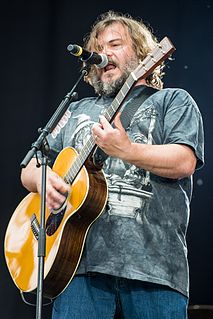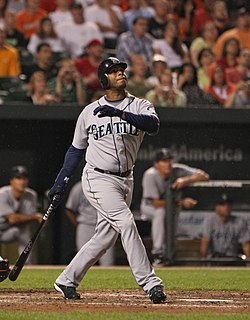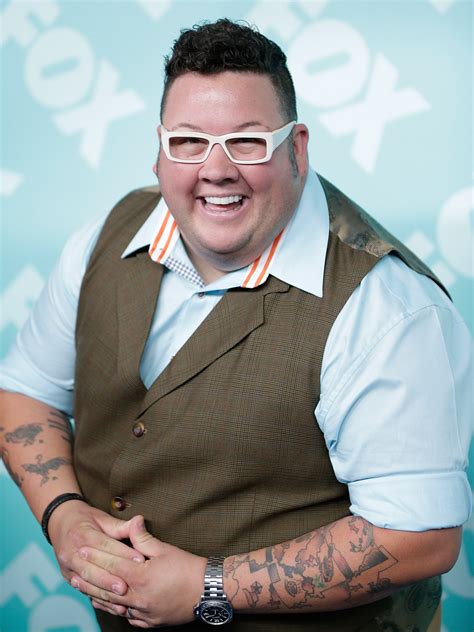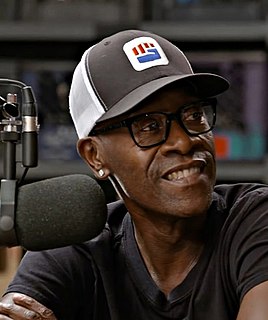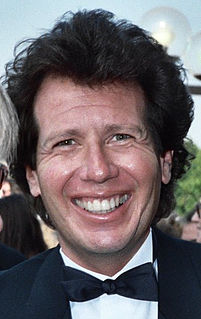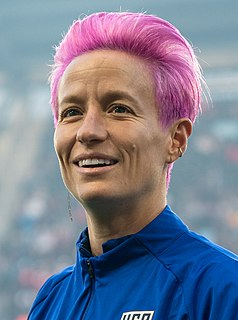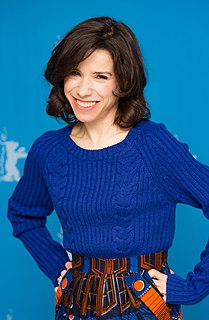A Quote by DJ Quik
I look down and see little kids in the audience and I'm like, "Oh man, I hope I'm not poisoning these kids!"
Related Quotes
It's a mistake to just go make a movie where the whole thing is talking down to the kids like, "Ok, we gotta bring the IQ of this movie down because it's a kids movie" You don't have to do that, kids can laugh and parents can laugh at different parts and that's fun, and you see that with all of the great kids movies.
The murder rate in Chicago is skyrocketing, and you see who's doing it and perpetrating it - they all look like Chief Keef. When it comes to the point that, you know, that kids who are doing the killings, and they're kids 13 to 19 years old, and you can replicate that in New Orleans, you can replicate that in Oakland. All the kids look the same.
I think it's more difficult writing what it's like to be a child. You can pretend you know what it's like, but you don't really know. The only parts I can remember is that the adults were like, "Aren't they cute?" But when you're little you're looking at the other kids like they're your colleagues. They're not like, "Oh, we're all cute little kids." They're more like your office acquaintances. It's very hard to grasp the memories of what it actually was like to be a kid.
We separated like oil and water. In the cafeteria, you'd see a table of black jocks, table of white jocks, table of rich white kids, table of Hispanic kids, table of Chinese kids, table of druggies, table of chatterboxes, and so on. Wait! There's a diverse table over there! With a few kids of different tenacities and economic status! Oh, that's the nerds. That's where I sat. We weren't cool enough for the other tables, so we didn't discriminate against anybody.
I didn't like what was on TV in terms of sitcoms?it had nothing to do with the color of them?I just didn't like any of them. I saw little kids, let's say 6 or 7 years old, white kids, black kids. And the way they were addressing the father or the mother, the writers had turned things around, so the little children were smarter than the parent or the caregiver. They were just not funny to me. I felt that it was manipulative and the audience was looking at something that had no responsibility to the family.
Sure, kids want to read whatever is the hot book, and of course they want to read fantasy and any kind of speculative fiction, but they also like to read stories with kids that look just like them, that have the same problems as them. And I've noticed that what they particularly want to see is to see those characters prevail. So they don't want sanitized situations. They want stories to be raw, they want them to be gritty, but they also do want to see the hope at the end of the story.

